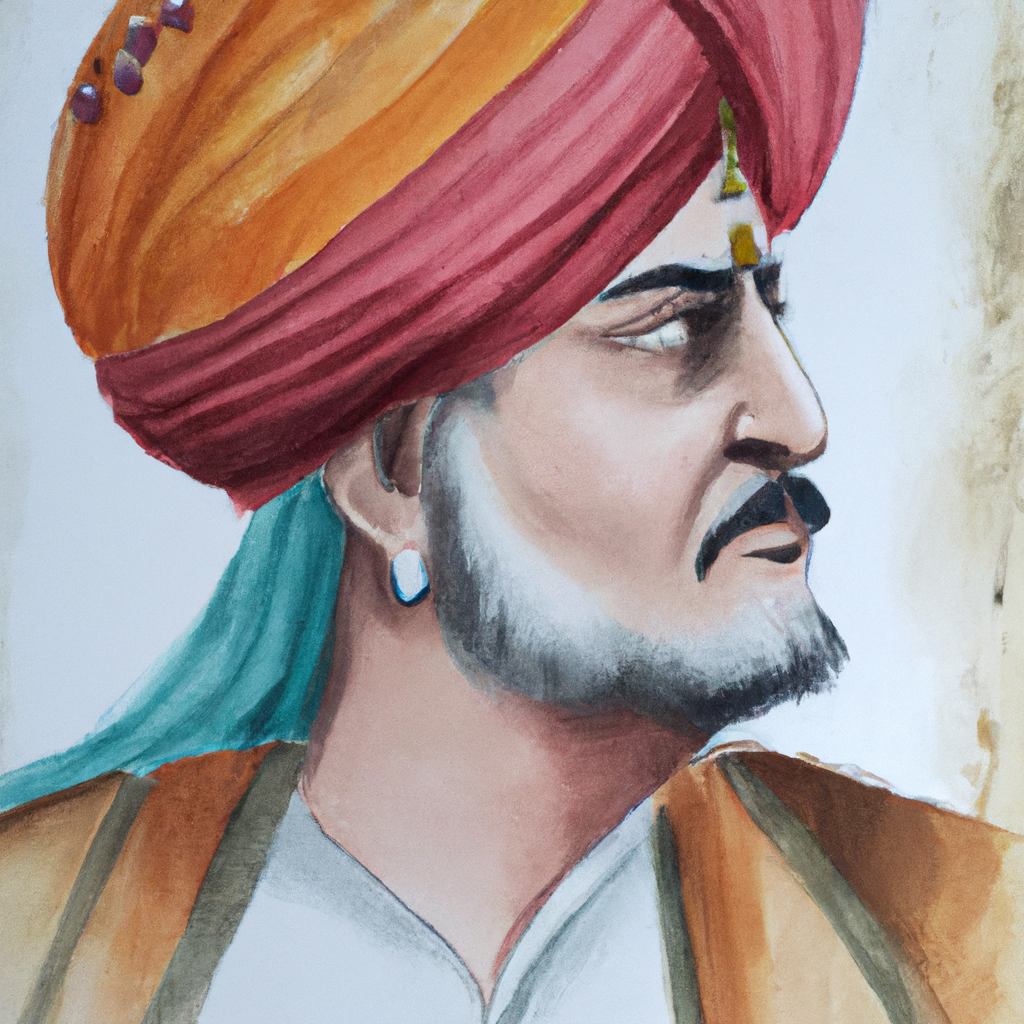
Ancient History
Akbar: The Wise Emperor of the Mughal Dynasty
In the annals of history, few names have left as indelible an imprint as Akbar, one of the most enlightened monarchs of the illustrious Mughal Dynasty. His reign, stretching from 1556 to 1605, was more than just a period of cultural, political and military magnificence; it was an epoch marked by a progressive vision, religious inclusivity, and administrative advances that remain unparalleled even in modern times.
Akbar, fondly hailed as "Akbar the Great," was an emperor who significantly stood apart from his peers with his unique blend of statesmanship, military prowess, adroit diplomacy, and a deep commitment to the welfare of his subjects irrespective of their creed, color or caste. His rule ushered in an age of tolerance, intellectual exchange and artistic brilliance which nurtured and exemplified the true essence of Indian ethos.
Born into a family with roots tracing back to the great Timur, Akbar ascended the throne at a tender age of 13 and was faced with the daunting task of defending the tottering Mughal Empire. Displaying an extraordinary level of maturity and judgment well beyond his years, Akbar thwarted threats from rival powers, expanded his boundaries and laid the foundations of an empire that would endure for centuries.
Under Akbar's enlightened leadership, the Mughal Empire encountered a wave of innovations and reformations -from the introduction of the unique